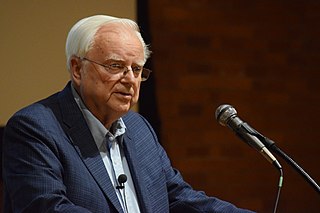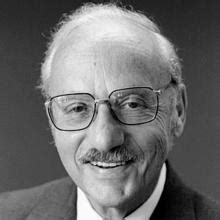A Quote by Isaac Asimov
Mathematicians deal with large numbers sometimes, but never in their income.
Quote Topics
Related Quotes
If you look at the performance of the zero-income-tax-rate states and the highest-income-tax-rate states, I believe a large amount of their difference is due to taxes. Not only is it true of the last decade, but I took these numbers back 50 years. And, there's not one year in the last 50 where the zero-income-tax-rate states have not outperformed the highest-income-tax-rate states.
It is almost as hard to define mathematics as it is to define economics, and one is tempted to fall back on the famous old definition attributed to Jacob Viner, "Economics is what economists do," and say that mathematics is what mathematicians do. A large part of mathematics deals with the formal relations of quantities or numbers.
It seems to me that large numbers of people are now paying attention to poverty and that large numbers now understand that blaming the poor and the insecure for being poor and insecure is as unseemly as is schoolyard bullying. In that realization lies hope for a reinvigorated discourse around poverty and inequity in modern-day America.
We commonly say that the rich man can speak the truth, can afford honesty, can afford independence of opinion and action;--and that is the theory of nobility. But it is the rich man in a true sense, that is to say, not the man of large income and large expenditure, but solely the man whose outlay is less than his income and is steadily kept so.





































